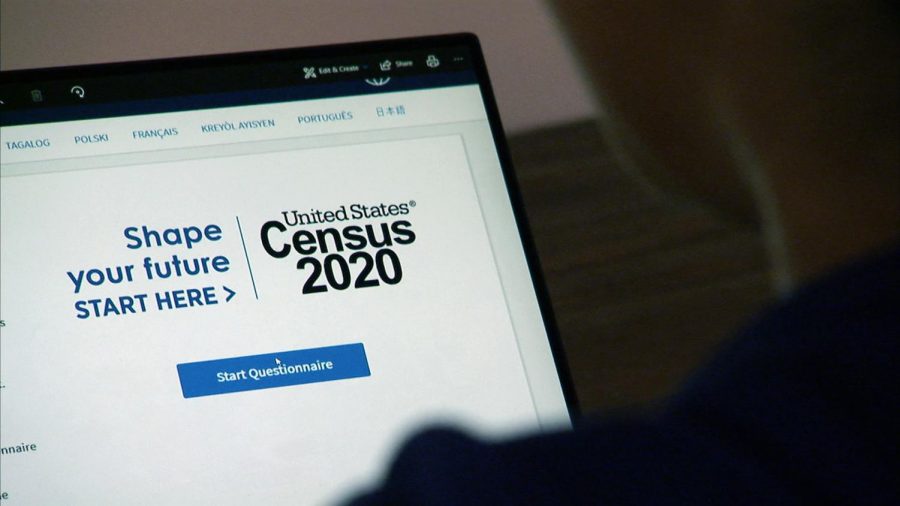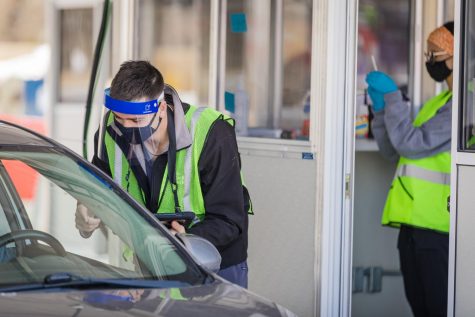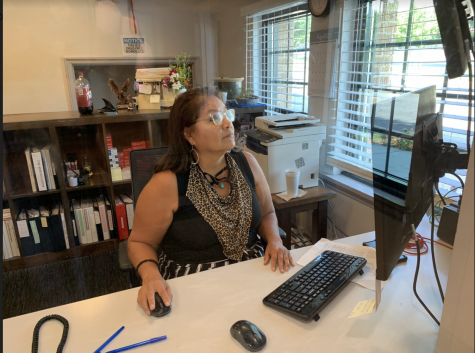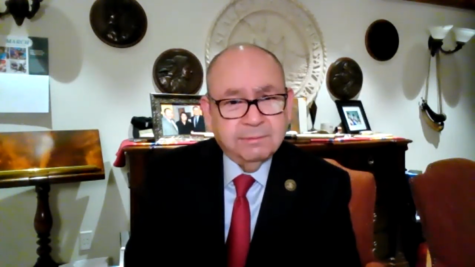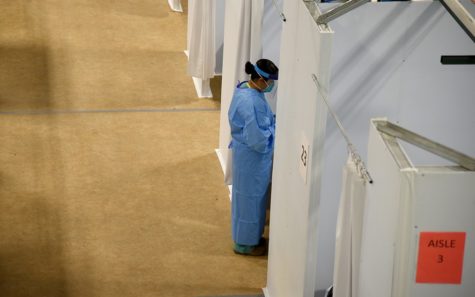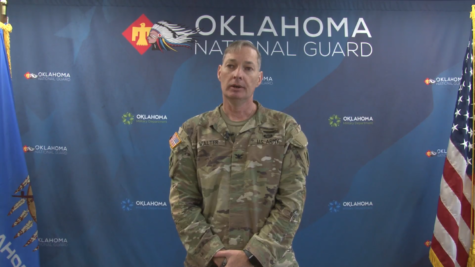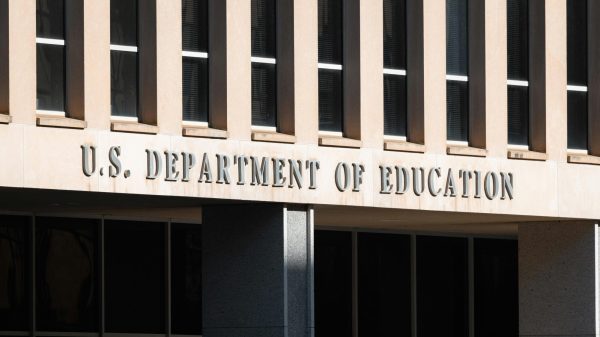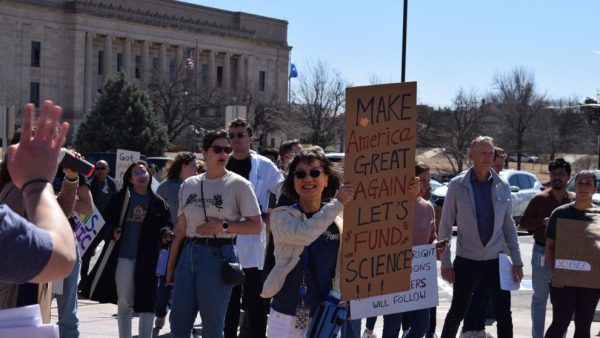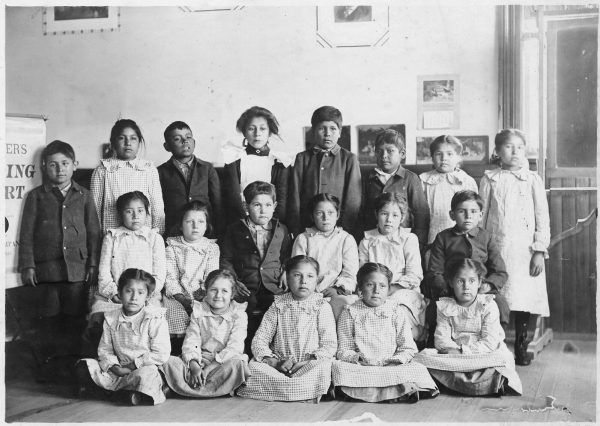Oklahoma in ‘final sprint’ before census deadline
Native American tribes in Oklahoma are working to increase participation in the census. (Gaylord News Photo)
As the Sept. 30 deadline for census responses approaches, a number of Oklahoma groups are working to ensure as many people as possible are counted.
Oklahoma currently has a response rate of 93.8%, ranking 38th in the nation for response rates, according to the official census website.
The Oklahoma Complete Count Committee, which works with the Oklahoma Department of Commerce, is making its final push to ensure an accurate count for the state.
“We are in what we’re calling the final sprint for the campaign,” said Josh McGoldrick, chief of staff and general counsel of the Oklahoma Department of Commerce. “It’s essentially an effort to get our numbers as high as they can be.”
Part of that effort has been to emphasize exactly how important the census is for Oklahomans. For every person not counted, the state loses $1,675 per year in federal funding, said Lisa Greenlee, a member of the Complete Count Committee. Over 10 years, that adds up to millions in lost funding.
“That sort of money helps fund school lunch programs, school programs, bridges, roads, all kinds of services.” Greenlee said.
Oklahoma’s American Indian tribes have historically been underrepresented in the census.
“One of the reasons (the tribes) didn’t get a good count last time is if you put you’re Native American Indian (on the online census), then you have to click down a drop-down box and type in your tribe,” Greenlee said. “If you didn’t get it exactly how your tribe was registered at a national level, it didn’t count.”
This year, the tribes have worked to ensure that does not happen again and should see an improvement in their numbers, Greenlee said.
Another reason for underrepresentation has been the demographics of tribal citizens. Many live in rural areas without easy access to the internet.
The Cheyenne and Arapaho Tribes have many citizens who live in areas underserved by technology, said Rosemary Stephens, editor-in-chief of the Cheyenne and Arapaho Tribal Tribune.
“The big challenge for a lot of our tribal citizens is the lack of internet and the lack of digital access to be able to do (the census) online,” Stephens said. However, an unexpected benefit of the coronavirus pandemic has helped the tribe combat the problem.
“With the (coronavirus pandemic), we have taken steps to provide tribal families with wi-fi and laptops and Chromebooks and things like that for education,” Stephens said. “So, that in turn has benefitted how they’re going to go online and fill out the census.”
Such efforts to achieve an accurate count have unique importance to Oklahoma’s tribes, who use the census data to advocate for themselves, said Principal Chief Chuck Hoskin Jr. of the Cherokee Nation.
“In terms of the resources from the federal government, we … always make the case that the government ought to be true to its word, whether it’s housing, education, healthcare, a variety of other funding streams that really constitute the trust responsibility between the United States and the Cherokee Nation,” Hoskin said. “(The federal government) ought to be funding those obligations with that (census) data behind it.”
To respond to the 2020 census, visit my2020census.gov.
Gaylord News is a reporting project of the University of Oklahoma Gaylord College of Journalism and Mass Communication.


